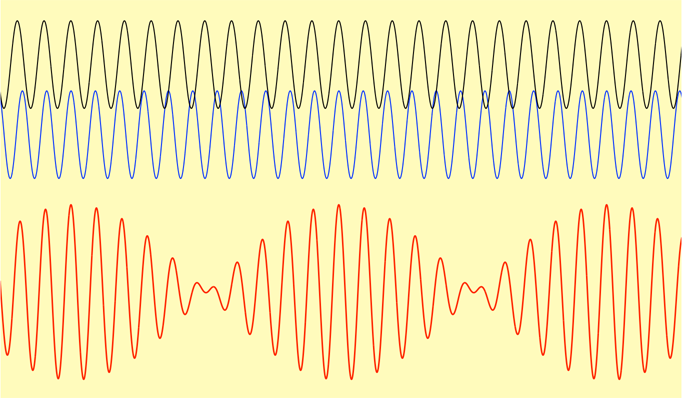Quantum computing explained – 5 levels of difficulty
Update July 11, 2022 Quantum advantage? – the long road ahead to making a useful quantum computer. • Wired > “Quantum Advantage Showdowns Have No Clear Winners” by Sophia Chen (July 11, 2022) – A series of recent experiments between quantum and classical computers shows the term’s ever-evolving meaning. Each claim of quantum advantage has… Continue reading Quantum computing explained – 5 levels of difficulty

